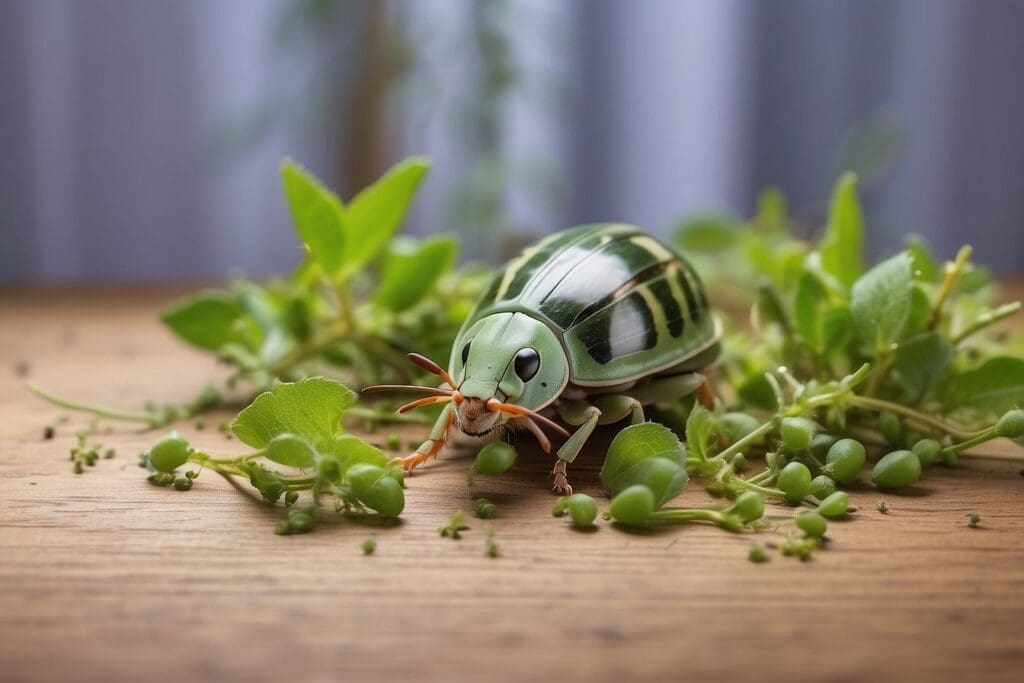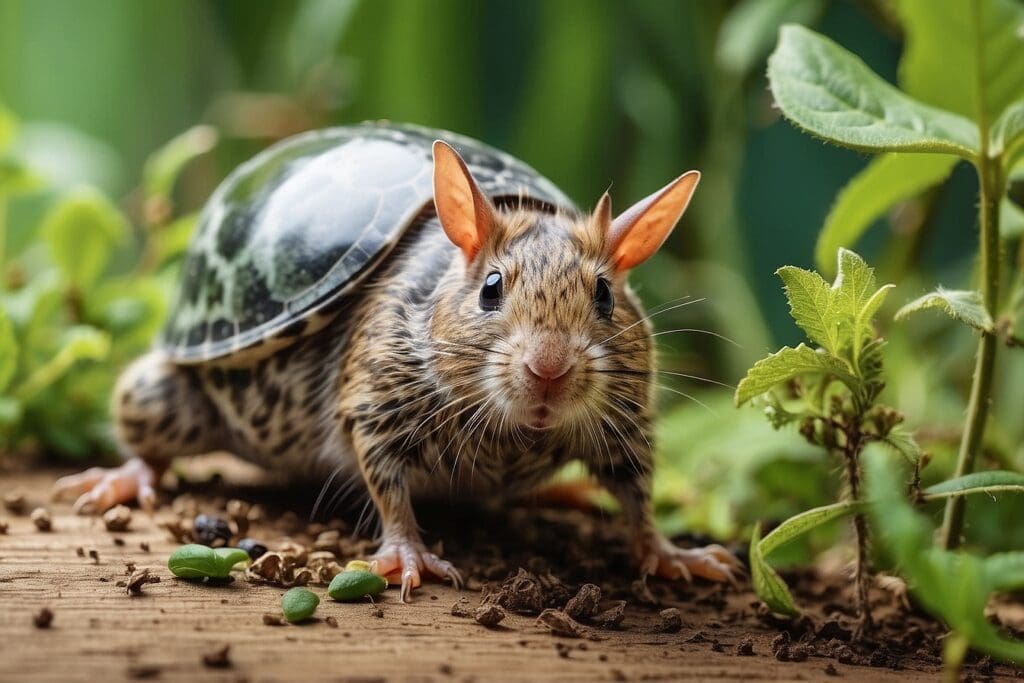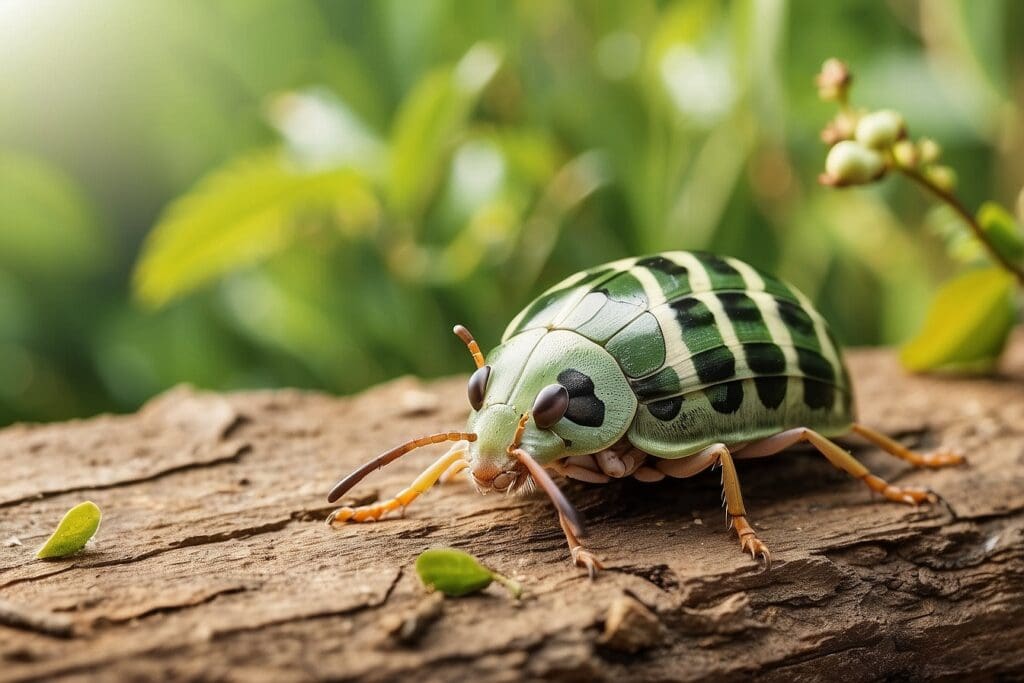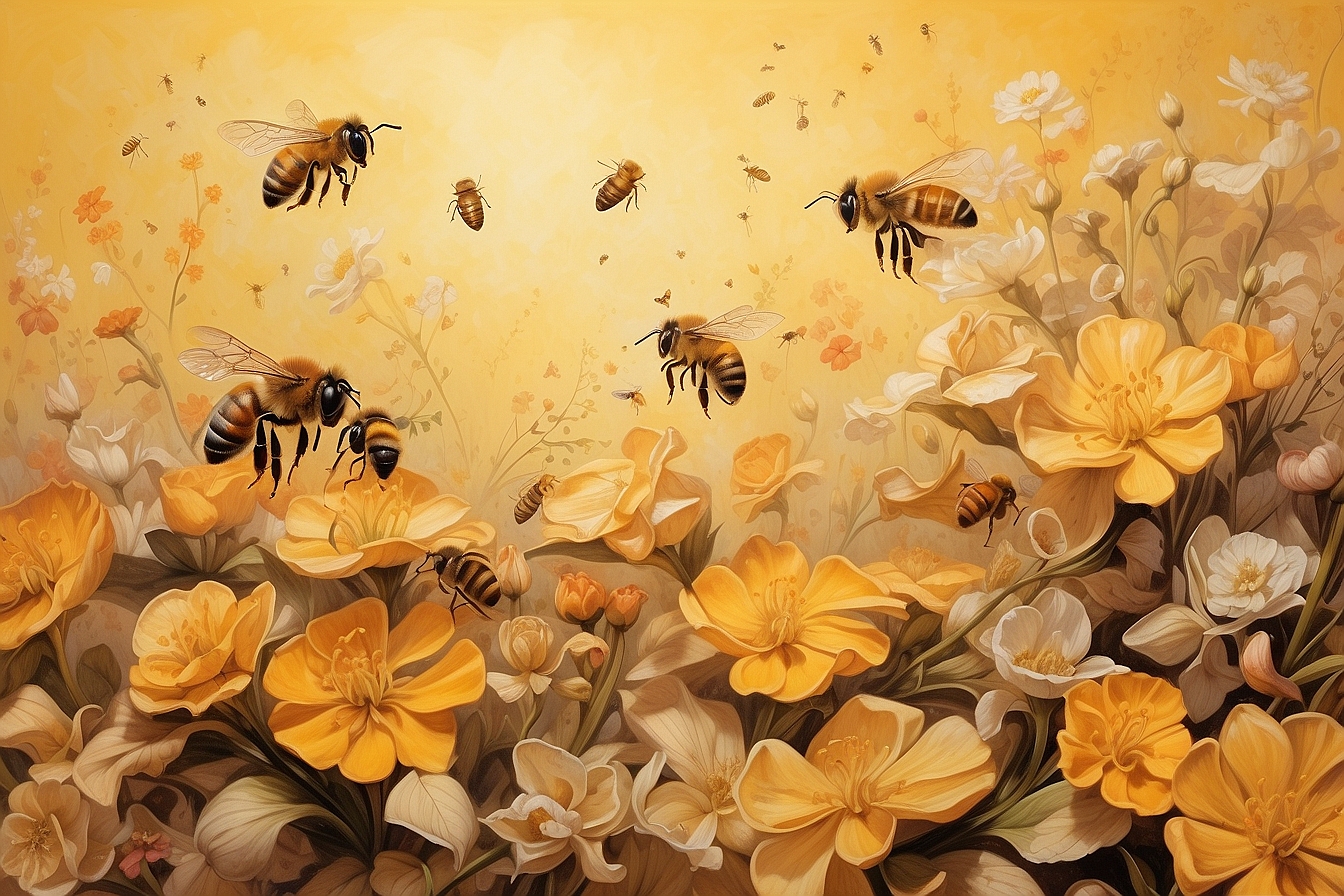Spring is the time of year that many people are getting their gardens ready for the warm summer weather and sunshine. For many of you, this time of year also means planting and planning your gardens strategically to avoid deer and other pests from eating your blooms. Small insects like mites, grubs, and aphids or even large pests like rabbits and deer will flock to new food sources in your garden. Unfortunately, however, many traditional forms of pest control are loaded with harmful chemicals and toxic residue. Showering your garden with chemicals to rid unwanted creatures poses a threat to your soil, water, air, and nearby wildlife. It has been noted that, “Most wildlife pest poisonings, and most surface water contamination from pesticides, come from single-family homes.”1 There are many solutions to avoid unwanted pests without harming wildlife, your garden, and the environment.
The first step in reducing unwanted pests in your garden is to control them from initially being attracted to your yard. Insect habitats can be avoided by keeping your garden clean and healthy. Start by pulling out any weak plants, as they may already be infected, and clear your garden of debris and weeds. Use clean mulch, organic soil, and clean garden tools. For larger pests, like rabbits and deer, build cages or fences around target plants or target areas in your garden that will initially encourage them to look elsewhere for foods.
The next step to reducing unwanted pests is to invest in pest-resistant plants. Small and large pests tend to be attracted to most vegetables, fruit trees, shrubbery, and roses. But most of these pests are also discouraged or turned off by other specific plants. Small pests and insects will be turned off by the strong scent of plants like chive, onion, and garlic. Disperse these plants around your roses, other vegetables, or infested areas. For larger animals like deer and rabbits, there is a wide-range of plants to choose from. Most large animals will not eat ornamental grasses or fragrant herbs like sage, lemon balm, or bee balm. They also tend to avoid prickly flowers and shrubs—although their attraction to roses contradict this habit. For an extended list of perennial, biennial, annual, shrub, tree, and ground covers that most deer and other animals will avoid, go to http://www.northerngardening.com/deerplants.htm.
If pests are still a problem in your garden, below are some earth-friendly tips to keep them away!
Small Pests

• Soft-bodied insects (mites, aphids, mealy bugs): Mix one-tablespoon canola oil and a few drops of natural soap into a quart of water. Shake well and pour into a spray bottle. Spray plants from above down, and from below up to get the underside of the leaves. The oil smothers the insects.
• Grubs: For lawn or garden grubs, there is a natural remedy called milky spore. The granules are spread on the soil and cause the grubs to contract a disease that kills them. This natural control affects only the grubs, leaving the beneficial organisms unharmed. Milky spore multiplies over time and will sit inactive, waiting for grubs to infect. One treatment is said to last 40 years. The grubs are actually the larvae of Japanese beetles. So, when you kill the grubs you kill the beetle.
• Mites and other insects: Mix two tablespoons of hot pepper sauce or cayenne pepper with a few drops of natural soap into a quart of water. Let stand overnight, then stir and pour into a spray bottle and apply as above. Shake container frequently during application.
• Earwigs, slugs, and other soft-bodied garden pests: Sprinkle diatomaceous earth over plants and around edges of garden beds. The diatoms particles are very small and sharp – but only harmful to the small exoskeletons of insects, slugs and snails. Insects cannot become immune to its action, as it is a mechanical killer – not a chemical one.
• Fungal diseases: Mix two tablespoons of baking soda into a quart of water. Pour into a spray container and spray affected areas. Repeat this process every few days until problem ceases.
• Powdery mildew: Mix equal parts milk and water and spray on infected plants. Three treatments a week apart should control the disease.
• Insects and fungal diseases: Combine one tablespoon of cooking oil, two tablespoons of baking soda and a few drops of natural soap into a quart of water. Pour into a spray container and apply as above.
• Insects on fruit trees: Lime sulfur and dormant oil, available at nurseries and garden centers, can be sprayed on the trunk and branches of dormant fruit trees. This concoction will suffocate insect egg cases. Because the oily spray is heavy compared to the other water-based sprays, you’ll need a pump sprayer. These are fairly inexpensive, and are available to rent from some nurseries. Only use this method while the tree is dormant, however, or it can kill the tree.
• Commercial dormant oils may contain petroleum oil or kerosene. A less toxic method is to make your own. Mix 1-cup vegetable oil and 2 tbsp liquid soap in one-gallon (4 liters) water. Mix the soap and oil first, then add the water. Shake often during use.
• You can also find organic solutions or products at your local nursery or online. Some examples can be found at http://www.cleanairgardening.com/groworganic.html.
The above tips were provided by www.eartheasy.com.
Large Pests

• Use natural solutions made at home: You can mix one whole egg with a quarter cup of water and mix well. Pour the mixture into a pump bottle and spray it on your plants. This deterrent will withstand light rains because the egg sticks to the leaves. Or you can try mixing one tablespoon of liquid dish detergent with one ounce of hot sauce in one liter of water and spray directly on plants that large pests have been nibbling. Other substances that can be directly applied to targeted plants include blood meal, wolf urine, strong smelling natural soap, eggs + their shells, cumin or strong smelling spices, garlic, and powdered milk.
• Set-up motion detectors or other light sources: If you do not want to set-up a new lighting system, hang tin foil or old CD’s in the trees around your garden. The reflections will scare off larger animals.
• Hang fragrant natural soap from the branches of bushes or trees. The smell will keep them away and rain or watering will keep the soap fragrant.
• Hang bags of human hair: This sounds scary but it will keep larger pests out of your yard. Clean out your brushes and stuff the leftover hair into bags, cheesecloth, or nylons and hang them on the perimeter of your yard.
• Get a dog or cat! (adopt if you can of course…) If possible, this is most likely will be your best solution to larger pest control.
• Use natural pest repellents: Some ideas can be found at http://www.cleanairgardening.com/deer-control.html, or http://www.eco-gardening.com/pest-control.php.





